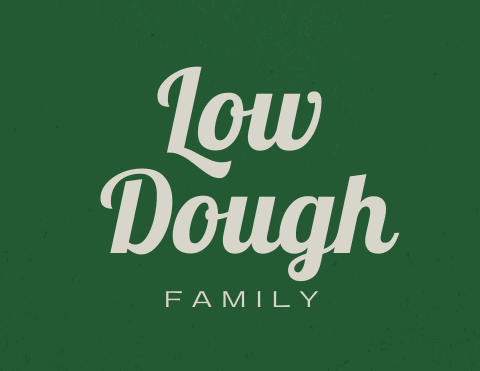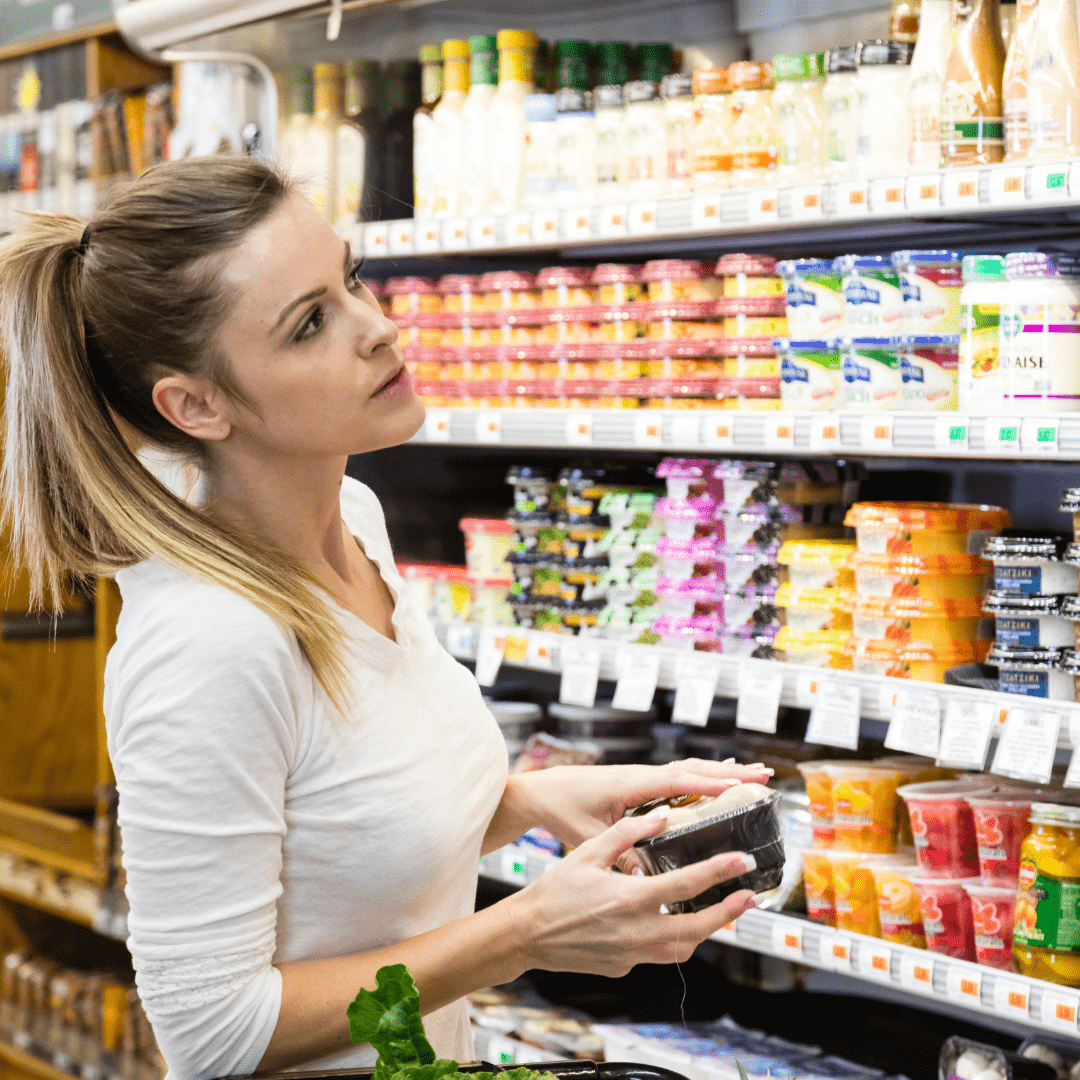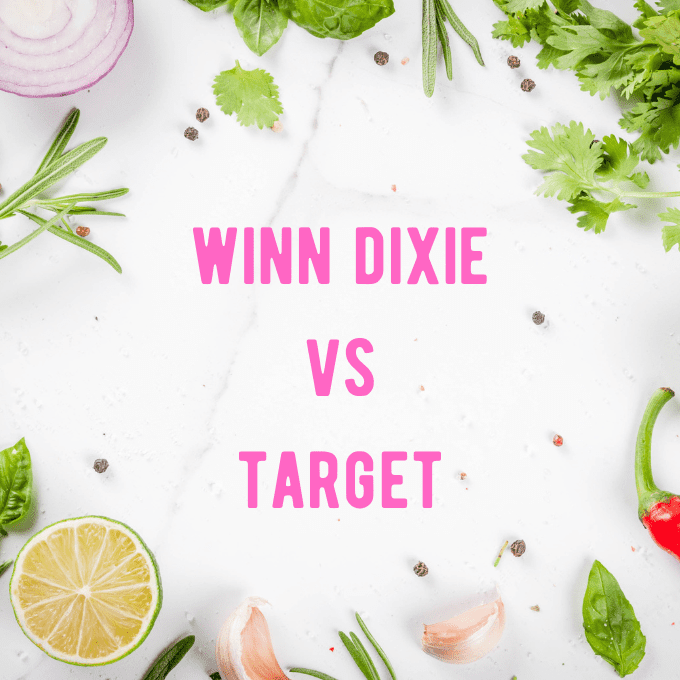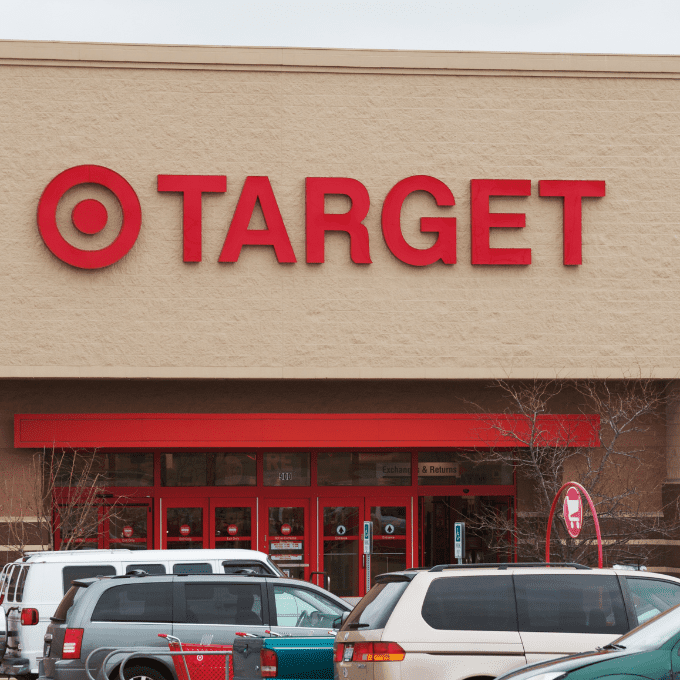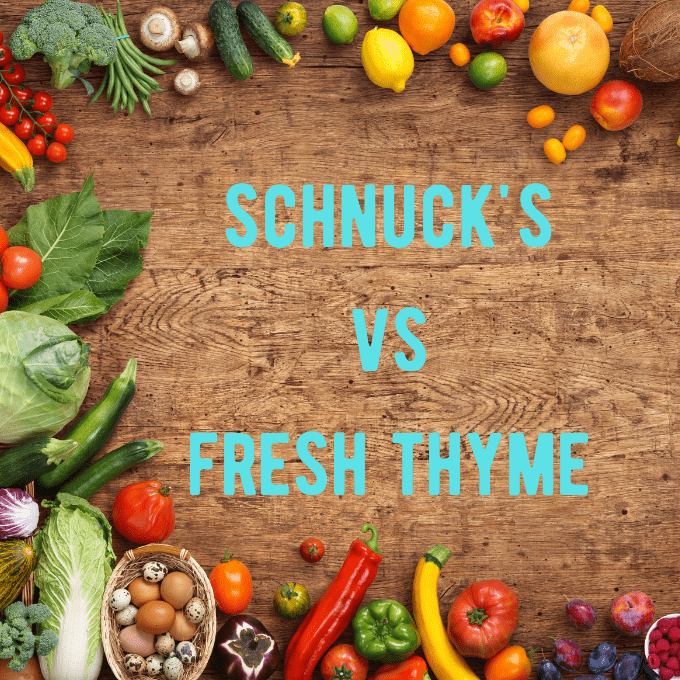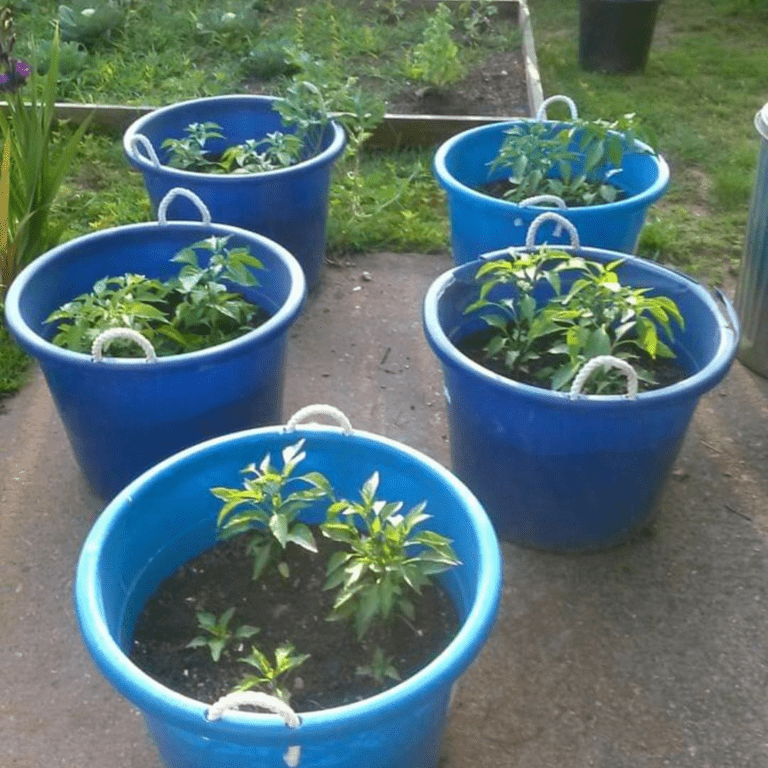Rain Checks at the Grocery Store?
Rain checks are a common business practice available at most grocery stores. The rain check is basically a promise to give an advertised item for the advertised price on a product that has temporarily gone out of stock.
Rain checks are a great way to make sure that you can get the advertised bargains at your local grocery store. There are rules and regulations by which a grocery store has to follow when a product is out of stock. Let’s deep dive into if you can get a rain check at a grocery store, if rain checks are mandated by law, how much a rain check is worth, how to get a rain check, and how to check the laws regarding rain checks in your state.

Can you get a rain check at the grocery store?
You make out your grocery list by meal planning and checking your local stores sales flyers. You go to the grocery store, but some of the items are sold out. What next?
Anytime you go to the grocery store and an item is sold out, you can either find a replacement item or you can get a rain check.
A rain check won’t magically make the sale item appear, but it is a promise that you can get that item for the sale price the next time it is in stock.
This is an essential tip to saving money at the grocery store, especially if you can’t get to the store at the beginning of a really great sale. For more information about the best time to bargain hunt at the grocery store, check out “When you grocery shop matters!”.
Grocery stores need to make a reasonable effort to keep advertised products in stock, but this is not always possible. Sometimes an advertised sale will happen at the same time coupons are released or rebate offers.
This situation may not be anticipated by a grocery store, so they may not stock enough of the product to accommodate the large influx of purchases at the advertised rate.

Are grocery stores required by law to offer rain checks?
Around 1989 the Federal Trade Commission started rules regarding grocery stores and the availability of their inventory. In order to keep grocery stores from using deceptive marketing practices, there are set rules that every grocery store must follow.
Every grocery store is required to make every effort to stock a suitable amount of inventory for every sale based on expected sales. Most stores will stock sale items with enough inventory, but at times stores will run out of an advertised deal.
In those cases where a grocery store has an advertised sale and runs out of stock of the items, you will need to see if the item meets the following requirements.
3 Considerations for a Raincheck
- Limited Quantities available – if the advertised deal clearly states that limited stock is available, while supplies last, or the item is only available at some locations, then a rain check is not required.
- Seasonal/Clearence Items – Anything considered seasonal or clearance is not required to have a rain check because these are items that the store does not stock on a regular basis. Most stores only have so much inventory for seasonal displays so it is not always possible for the stores to restock these items.
- Alcohol and Tabacco Products – since these are not considered food products, most states say that grocery stores are not required to issue a rain check on these items.
Now a rain check is not the only option that stores have available in order to follow the laws. In general, the store has to show that they are trying to follow best practices when having a sale.

The rules mentioned by the Department of Justice, state that a store must offer at least one of three options when an advertised sale product is not available.
3 Unavailability Options at Grocery Stores
- The Rain Check– this is the most popular way a store can respond to a stock outage, but not every store will offer one. Instead, they will offer one of the other options.
- Substitute Item – a store can offer a similar comparable item for the sale price in place of the sale item being in stock. They may offer you another brand name of the same item in the same size and flavor for the advertised price. Stores will usually do this option when they are not sure when the item will be back in stock.
- Compensation – Personally I have never seen this option used very often, but if a store refuses to offer a rain check and refuses to substitute the item, then the store is obligated to compensate the buyer that is at least equal in value to the advertised item. The store will probably not offer you cash instead of giving you another option because that would just be a loss in profit for the store. Stores may offer you a coupon worth the same or more than the advertised item. This coupon or store credit can then be used to purchase other items at the store.
Now the official federal laws only give rules that stores must follow, but it does not go into specifics about how each store must implement these rules.
Each state has their own specific rules of how a store must operate their “Unavailability Rule.” Some states require that the store restock the item within the next 60 days, some states require a rain check must be good for a minimum of 30 days, and other states like Connecticut require that the store notify the customer of the restock and then customer gets at least 10 days to come purchase the item.
How much is a rain check worth?
Technically a raincheck has no cash value. A rain check is simply a promise by a grocery store to provide a product at an advertised rate once the item is back in stock.
There is no way to “cash in” a rain check for anything other than the specific product listed on the rain check.
Rainchecks are usually small pieces of paper that include the store information, the product information, and the advertised price.
Depending on the store, the rain check may state how long the redeemable time period is and if the rain check can be used at other locations or only at the location that gave you the rain check.
Some stores will issue rain checks with limits, like “each rain check can only be used for 4 items.”

How do you get a rain check at the grocery store?
Almost every grocery store has a section in the front of the store that is dedicated to customer service. This location will usually offer other services like check cashing, money orders, and processing refunds/exchanges.
The best way to get a rain check at a grocery store is to locate customer service and bring a copy of the sales flyer to the counter.
Once you show the item in the flyer to the clerk or manager, they will be able to determine if the item is truly out of stock. The item may not be on the shelves but is still in the stock area of the store.
If the clerk or manager determines that the item is in fact out of stock, they will usually let you know when the item will be back in stock. If they are estimating that the time frame to get more is past the sale dates, then you can ask for a rain check.
The store may offer a comparable item or compensation instead of a rain check at this point. They also may point out that the sales flyer says that there are limited quantities, until supplies last, or is only available in some stores.
If the sales flyer specifically states limited quantities are available for purchase, then unfortunately there is nothing you can do at this point.
If the sales flyer does not mention limited quantities or select locations and the store refuses to give a rain check without offering a comparable item at the same price or compensation, then you may want to contact your state agency in charge of consumer protections.
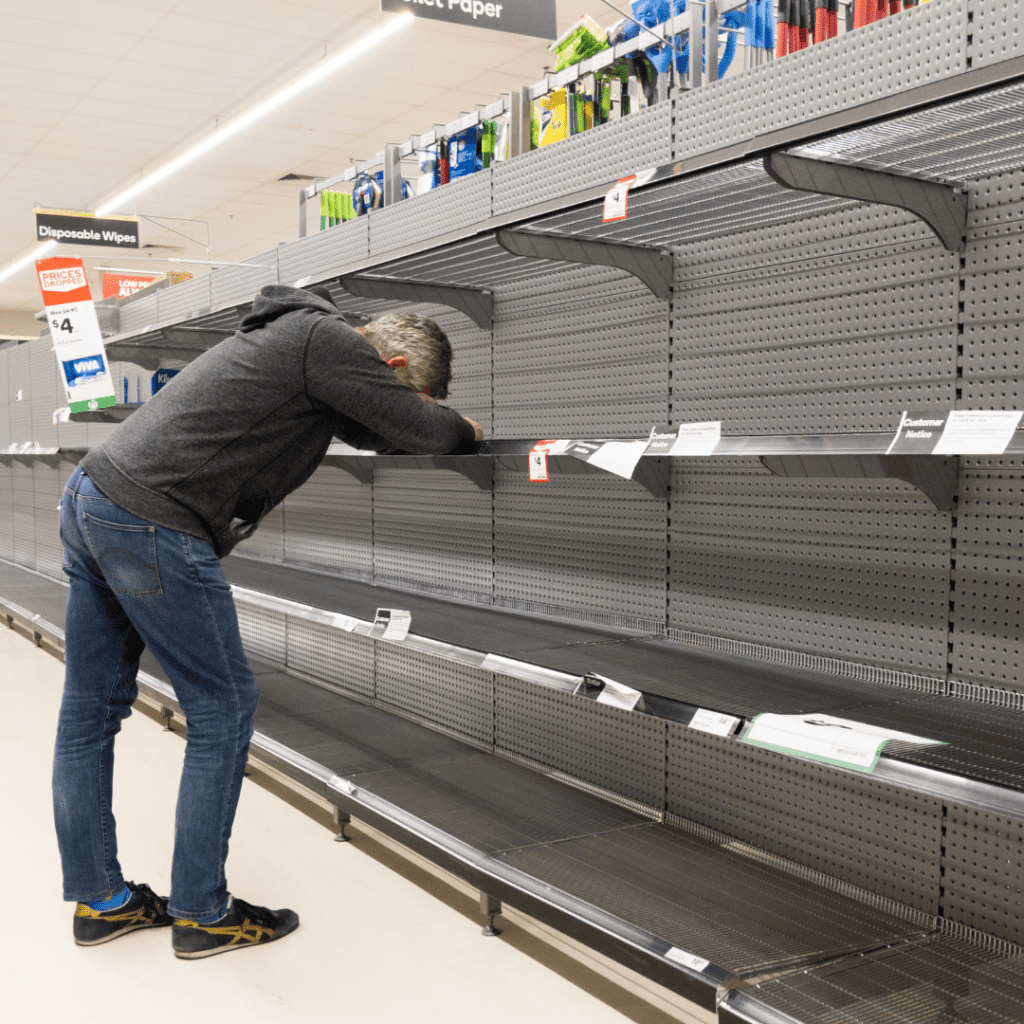
Rain Check Law by State
To see exactly what is required by your state, you will need to look up the rain check policy for your specific state. I have included links for every state’s law or a link you will need to report a store that is refusing to comply with the law.
If you are refused a rain check, comparable item, or compensation for an advertised product you will need to report the store to the correct state agency. Most of these complaints go to the Attorney General for each state.
Some states have online complaint forms or phone numbers where you can discuss your issue with a person, and they will submit your complaint for you.
Why should you report a store? If you choose not to a report a store, then that store will continue to use deceptive advertising and marketing techniques.
In order to make sure that stores are following the rules set forth by the FTC, complaints need to be reported in order for the store to be investigated.
It is not fair to you or other consumers to be misled by advertised prices and then find out the product is not available for purchase.
Have you ever wondered if your grocery store is allowed to sell expired food products? Check out “Expired Food at the Grocery Store” to find out how your state handles expired food!
